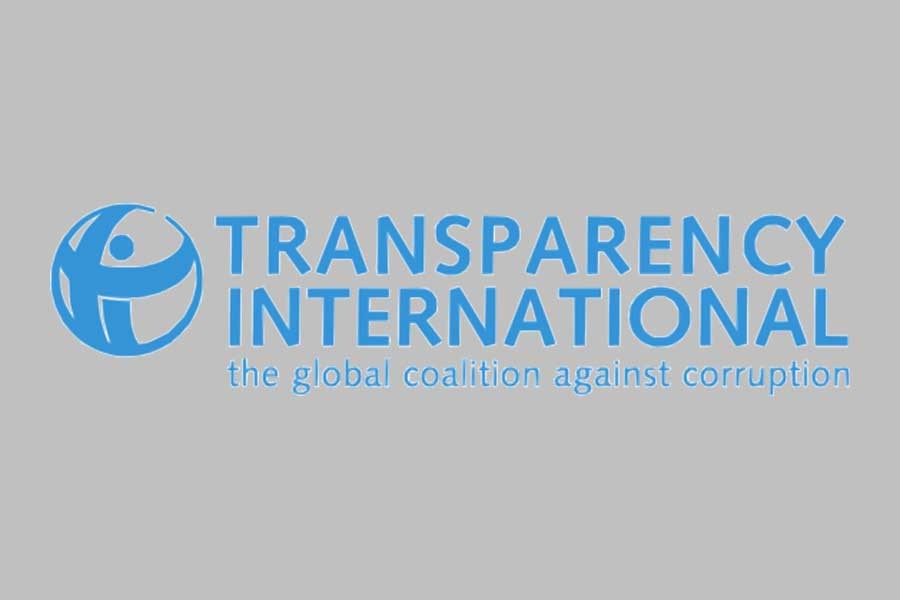Transparency International Bangladesh (TIB) has termed some clauses of the draft regulation for digital and social media unconstitutional.
Rejecting the draft ‘Regulation for Digital, Social Media and OTT Platforms’, TIB demanded that a new draft should be prepared with the help of stakeholders and experts.
The Bangladesh Telecommunication Regulatory Commission (BTRC) has drafted the guideline in this connection and sought the opinions of stakeholders and the public.
Several clauses of the draft would severely curtail freedom of speech and force service providers to practice self-censorship, TIB said, adding that, there is a scope for arbitrary interpretation and misuse of law in several clauses, which are likely to be used to silence the people.
The anti-graft watchdog presented these observations at a virtual press conference on Sunday.
In respect to Clause 1, it said the BTRC should appropriately amend the draft regulation to (i) limit its application to Bangladesh; (ii) clearly define the terms “internet-based service provider”, “service”, or “application”.
“Clause 3 should be amended to focus on, amongst others: (i) online harm; (ii) protection of consumers, especially vulnerable class of citizens (e.g., women, children, journalists, dissidents) from harmful contents; iii) protection of creativity of service providers in relation to curated content providers; (iv) protection of fundamental rights to free speech and press and to privacy; (v) equitable and fair treatment towards both resident and non-resident service providers; (vi) redressal mechanism; (vii) parental control system; and (viii) intellectual property rights”.
Regarding clauses 4, 5,6.02, and 7.02, it said the clauses requiring local incorporation or registration and resident officers and representatives should be deleted in their entirety.
“The draft regulation should: (i) clearly articulate the powers and authority of MoIB drawn upon this Act; (ii) ensure that traditional broadcasting standards are not applied to online services; and (iii) clarify who the nodal authority is for the various online services. More importantly, both BTRC and MoIB should work together to formulate one framework that addresses different types of services whilst considering the operational and functional differences between those services,” said TIB.


